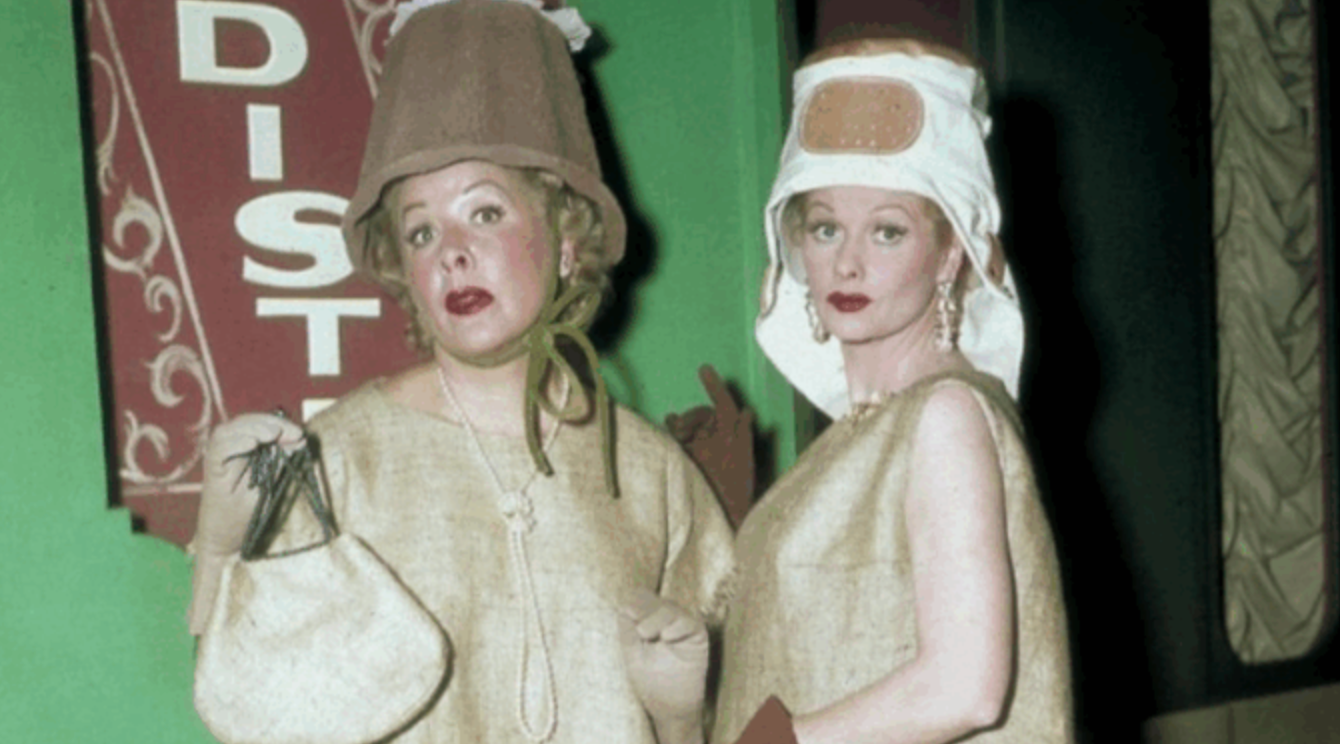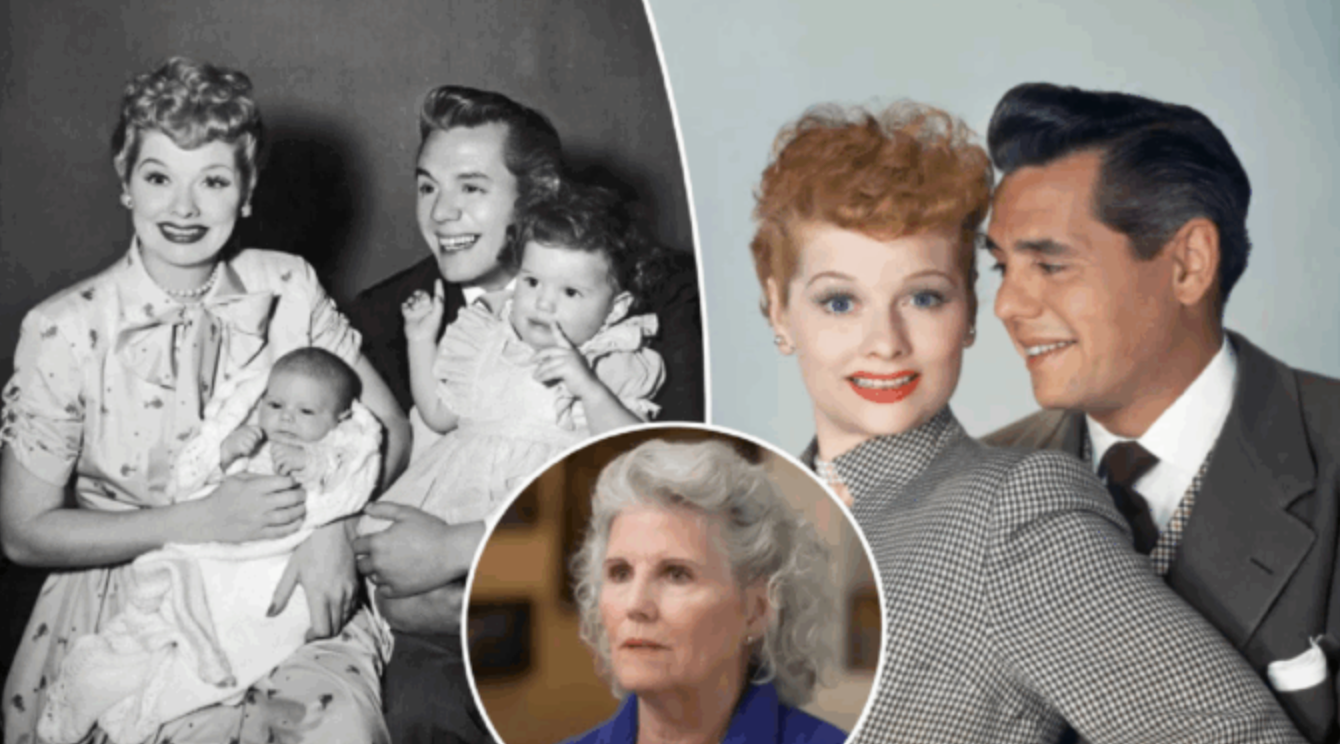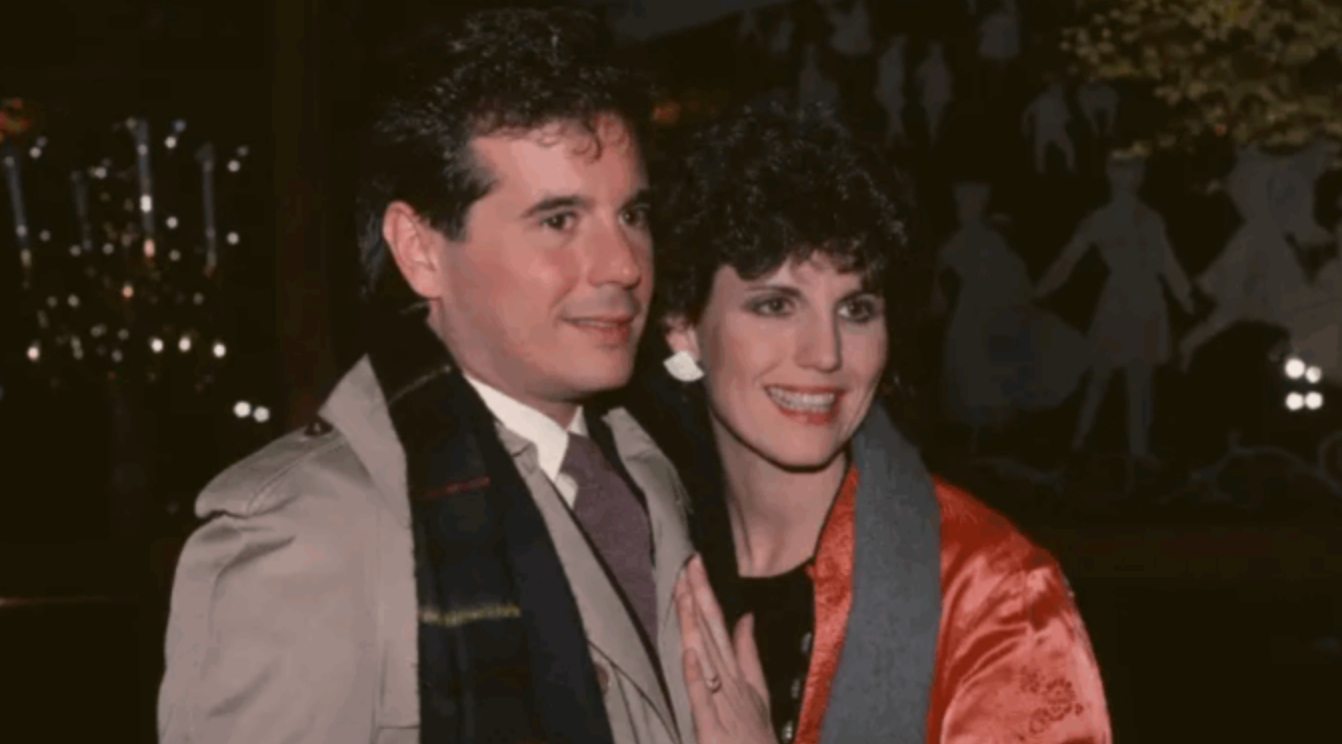Hidden Cameras? I Love Lucy Was Doing It Before YouTube Was Even a Spark!

Hollywood, CA – Long before viral pranks and candid vlogs took over our screens, one pioneering sitcom had already perfected the art of capturing unscripted reactions and genuine laughter: I Love Lucy. While it didn’t rely on hidden cameras, Lucille Ball and the creative team behind the show expertly blurred the lines between scripted comedy and authentic human behavior, creating moments that feel strikingly similar to the reality content we see today on platforms like YouTube and TikTok.
Lucille Ball: The Queen of Natural Reactions
Lucille Ball was a comedic genius, and much of her brilliance came from her unpredictable physicality and remarkably expressive face. While the scripts were sharp, it was her ability to embody Lucy Ricardo with such raw, unfiltered emotion that made the moments feel genuinely spontaneous. Her reactions to Desi Arnaz’s exasperation, Vivian Vance’s dry wit, and William Frawley’s curmudgeonly charm weren’t just performances; they felt entirely lived.
Exactly! Think of her iconic wide-eyed stares, exaggerated gasps, and those perfectly timed clumsy mishaps—these weren’t just comedic beats; they were natural outbursts from a character perpetually stumbling into chaos. Ball’s commitment to making every moment feel real was the magic that kept audiences hooked. It’s the same authentic reaction that today’s viewers crave from unscripted online content—watching something genuine and unfiltered, where you feel like you’re seeing the real, unscripted version of someone’s reaction to the madness around them.
The Power of a Live Audience: Real Laughter, Real Energy
One of the most groundbreaking aspects of I Love Lucy was its decision to film each episode live in front of a studio audience. This wasn’t the norm for sitcoms of the time, which often relied on laugh tracks. The presence of a live audience injected an immediate and tangible energy into every scene.
Exactly! The live studio audience’s genuine laughter was an essential part of the show’s magic. It wasn’t just background noise; it was the fuel that ignited the performances. When Lucille Ball nailed a physical gag or delivered a punchline with perfect timing, the audience’s laughter wasn’t canned or scripted—it was real, and that energy fed back into the actors’ performances. It created that unpredictable, spontaneous vibe that today we get from live-streamers or prank videos, where the audience’s reaction validates the moment and makes it feel more authentic and shared. The audience didn’t just watch; they were an integral part of the comedy.
Breaking the “Script” with Authentic Delivery
Exactly! While “I Love Lucy” followed a script, Lucille Ball’s mastery came in her ability to make the audience feel like they were witnessing something unscripted, even though it was all perfectly planned. Her combination of determination and sheer incompetence made Lucy feel real, like someone you could know or laugh at in your own life.
This is why so many people connect with content creators on platforms like YouTube and TikTok—there’s that sense of authenticity. Even when there’s a structure behind the content, viewers feel like they’re getting a genuine look at someone’s personality and reactions. Lucille Ball, in her own way, set the stage for that kind of genuine connection long before social media was even a thing.

Absolutely! Long before the age of vlogs and TikTok, Lucille Ball was giving audiences an authentic, unscripted experience through Lucy Ricardo’s chaotic, yet lovable, life. Her ability to make the audience feel like they were witnessing something real, combined with the genuine laughter from the live studio audience, set the standard for what we now crave in today’s unscripted content. Lucy wasn’t just about comedy; she and I Love Lucy were ahead of their time, shaping the way we connect to entertainment even today. The desire for authentic, spontaneous moments has always been at the heart of comedy, and Lucille Ball nailed it decades before technology made it a global trend.



